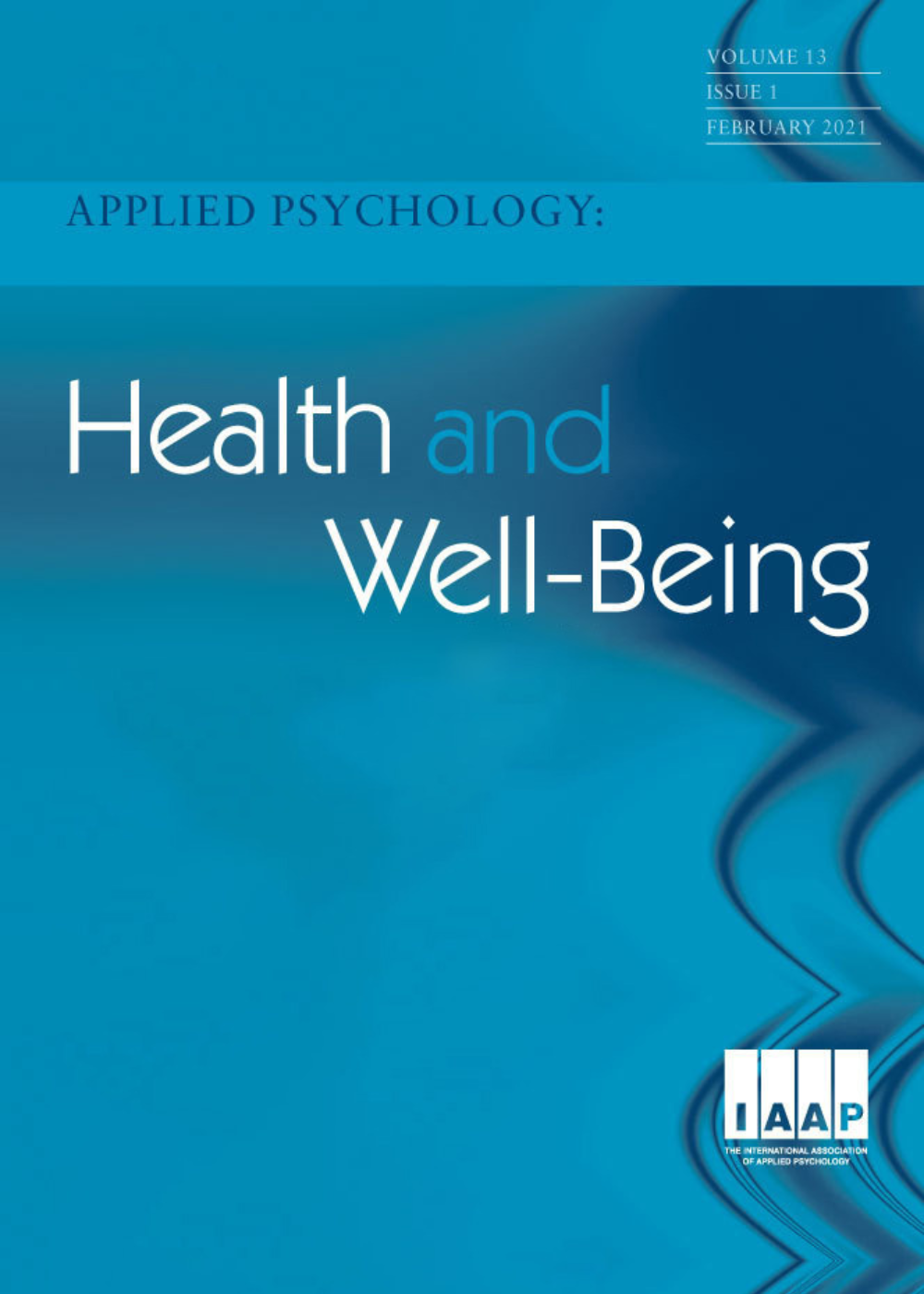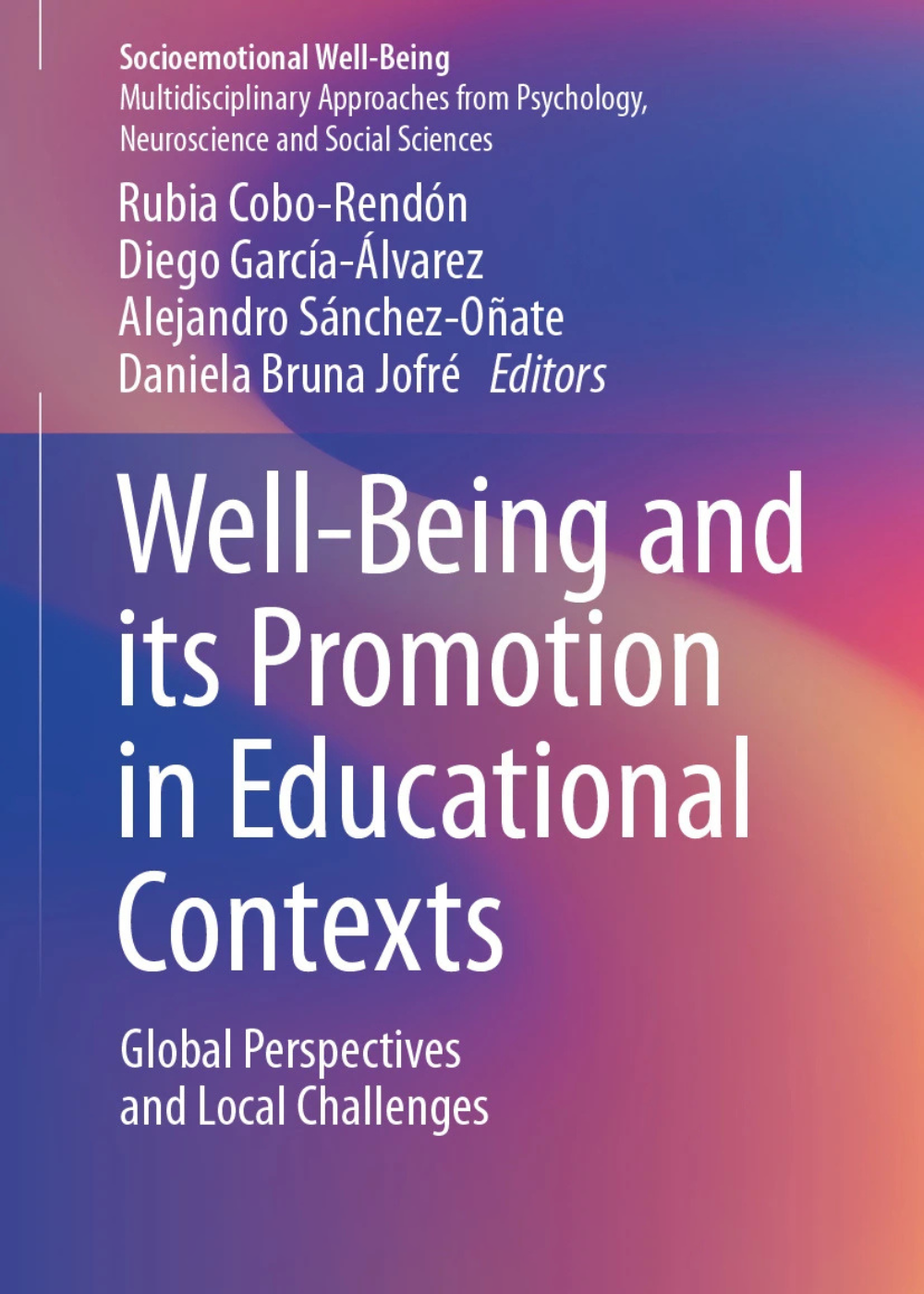
The effectiveness of taught, self-help mindfulness-based interventions on Chinese adolescents’ well-being, mental health, prosocial and difficult behavior, and coping strategy
Applied Psychology: Health and Well-being
Wanying Zhou and Ros McLellan
Abstract
Despite China’s enduring historical connection with mindfulness and the growing recognition of mindfulness-based interventions (MBIs) in Western education, mindfulness remains relatively underexplored in the Chinese education system. This study addresses the scarcity of resources and certified instructors in China by assessing the effectiveness of MBIs in both taught and self-help forms in improving well-being and prosocial behavior and regulating negative emotions and behaviors among Chinese adolescents. The analysis included 362 Chinese students (mean age = 13.03, SD = 0.50, 47.5% girls) from 12 classes, assigned to the taught MBI group (N = 129, post), self-help MBI group (N = 116, post), or control group (N = 117, post). Paired-sample t-tests and multi-level modeling were used, accounting for data nesting and incorporating gender, whether students live in school, and age as covariates. Results revealed a significantly greater improvement in well-being in the taught group compared with the control, with both MBI groups demonstrating increased prosocial behavior. While the taught group showed a significant decrease in loneliness, it was accompanied by an increase in internalizing problems. Coping strategies varied across the groups, with no significant changes in depression, anxiety, and stress levels. These findings imply the potential value of integrating MBIs into the Chinese educational system, especially given the self-help approach’s favorable outcomes.







